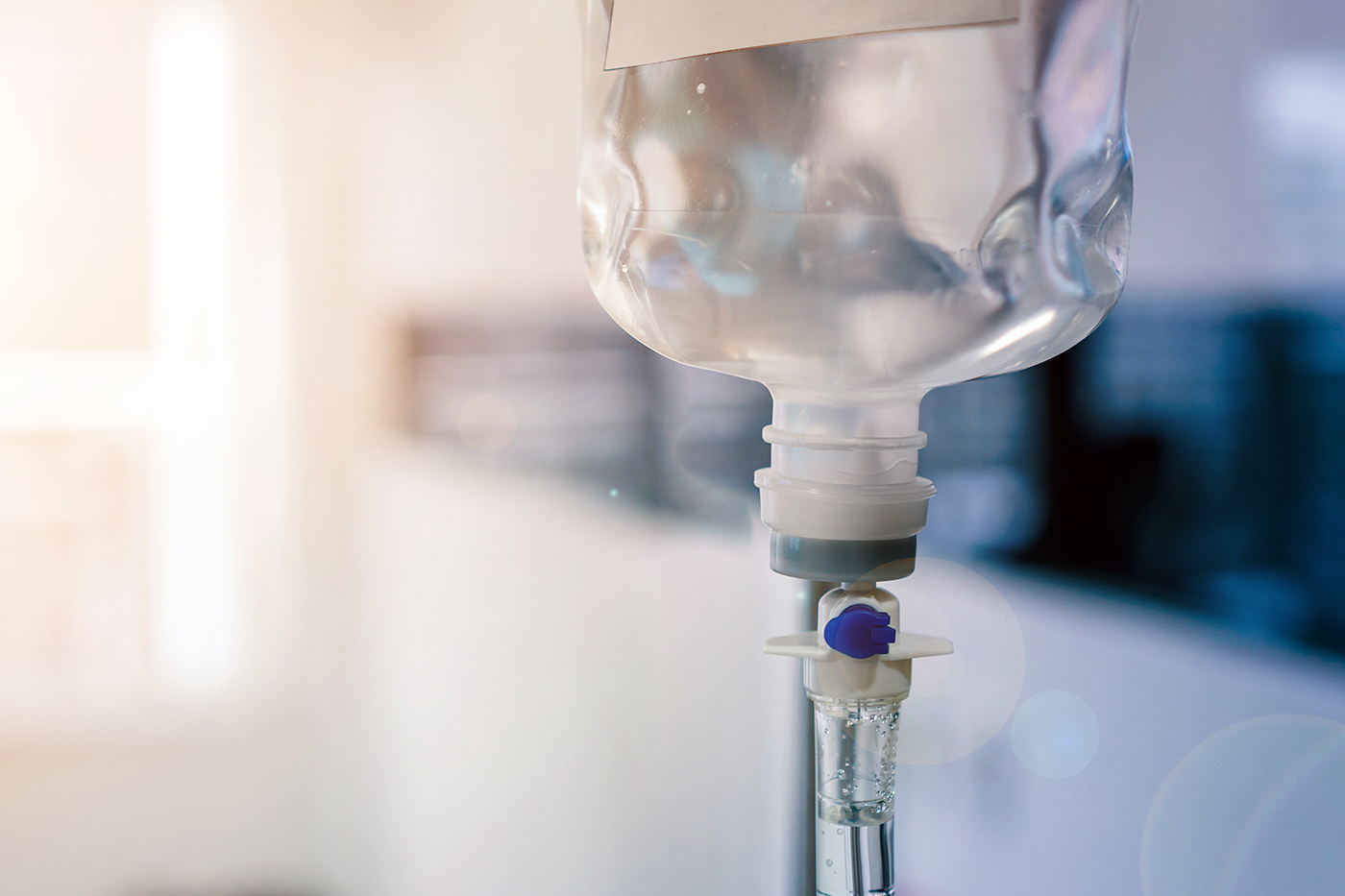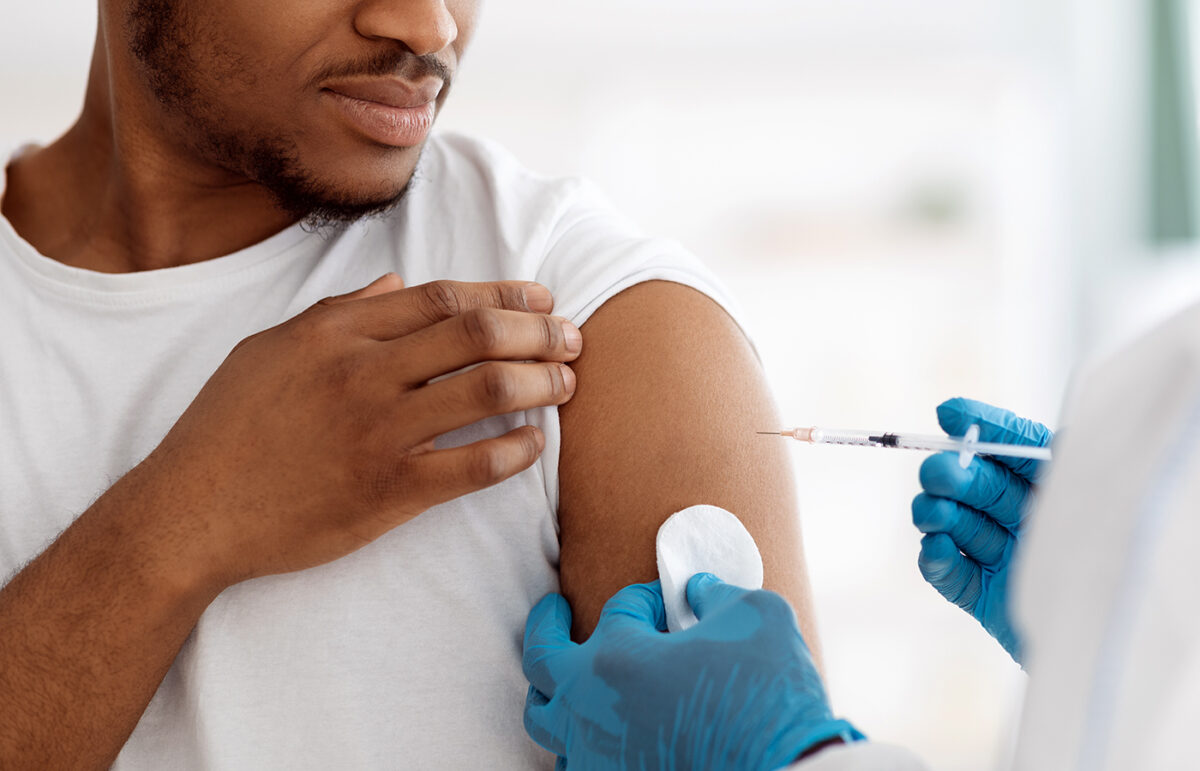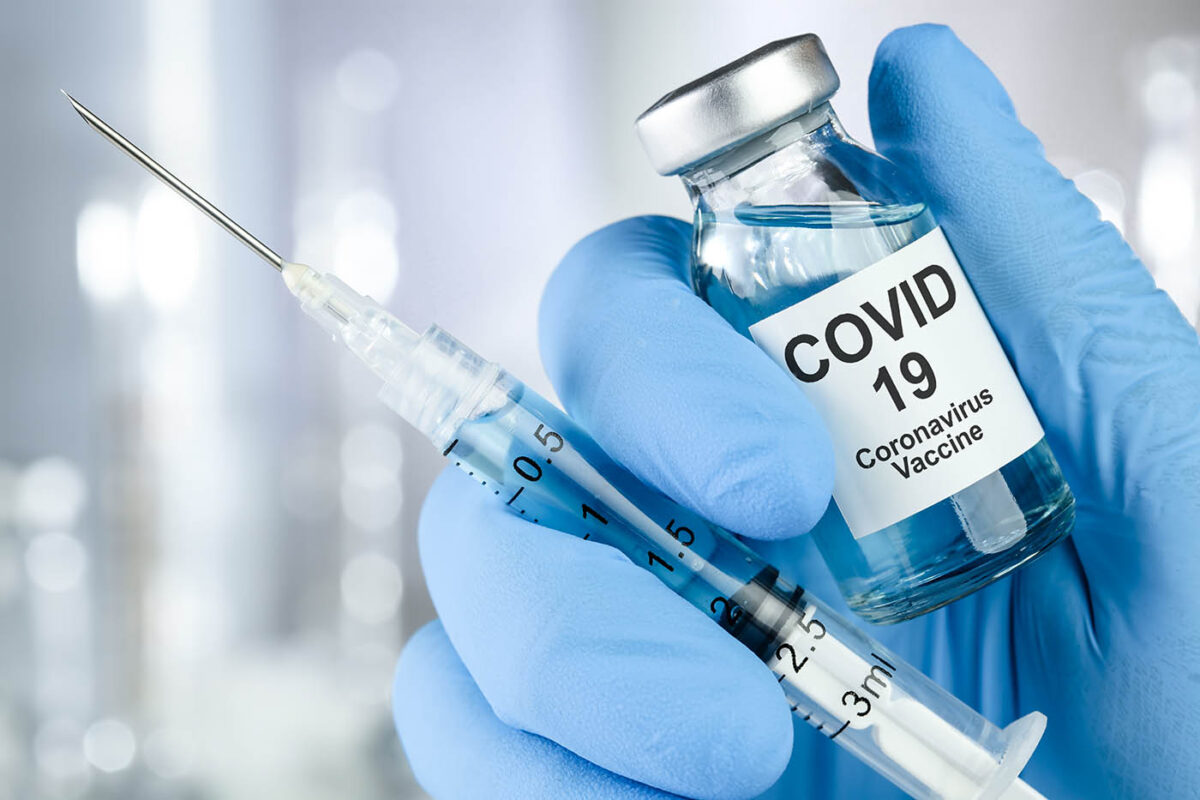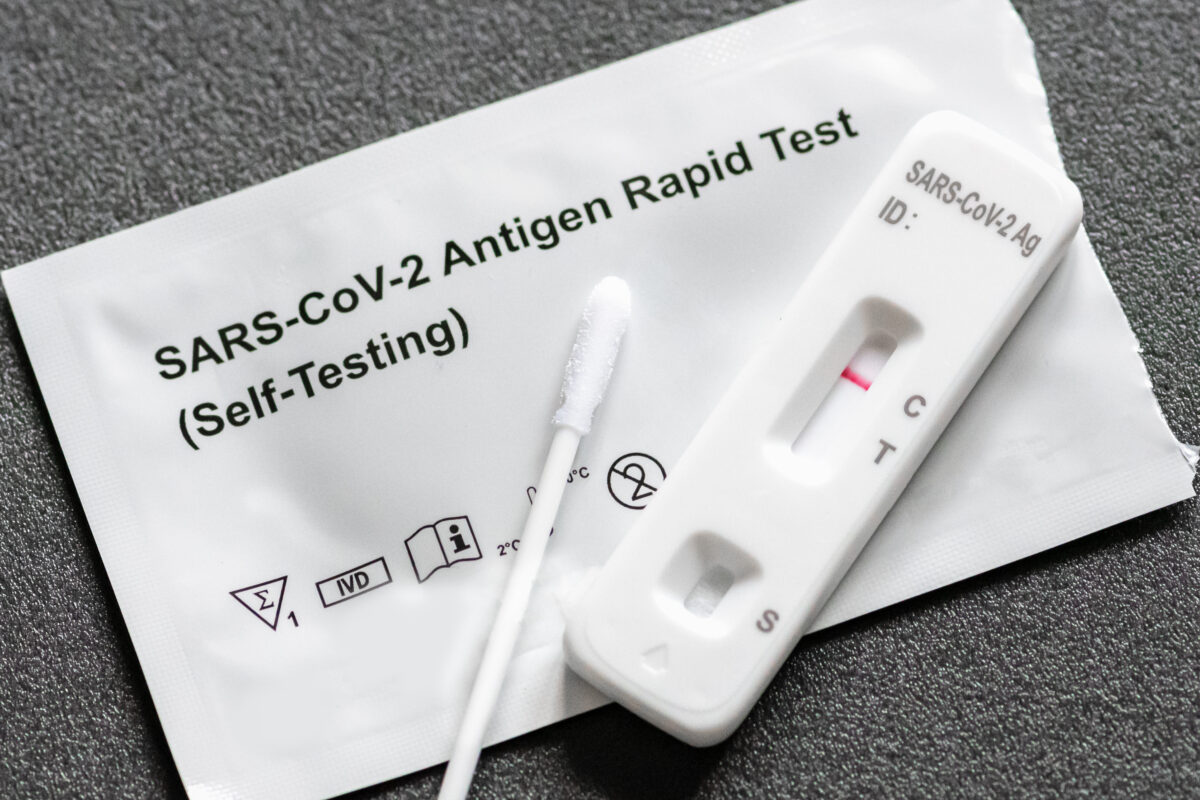
Author
Elizabeth (Izzy) Montgomery, MPA
Policy Analyst
501-526-2244
efmontgomery@achi.net
Laura Landers
Policy Analyst
501-526-2244
llanders@achi.net
UPDATE:
As the omicron variant continues to spread with less effective antibody treatments in place for newer mutations, the Food and Drug Administration (FDA) on Friday (Feb. 11) issued an emergency use authorization for a new monoclonal antibody from pharmaceutical company Eli Lilly to treat mild to moderate cases of COVID-19. The drug, called bebtelovimab, has been approved for treatment in adolescents and adults (ages 12 and older), and the Biden administration has ordered 600,000 doses of this treatment to be distributed to state health authorities in February and March.
In December 2021, the National Institutes of Health released a statement regarding prioritization of low supplies of antibody treatments for states, stating a high risk for progression to severe COVID-19 in individuals with no vaccinations or incomplete vaccination coverage. With limited supplies and mutating strains more resistant to current treatments, the FDA revoked authorization for two COVID-19 antibody treatments ― casirivimab and imdevimab (REGEN-COV) and bamlanivimab and estesevimab (BAM/ETE) ― in January 2022. Since then, hospitals have been struggling to fill the gap in COVID-19 therapeutic treatment options for the omicron variant.
Bebtelovimab is not authorized for use in adolescents and adults who are hospitalized with COVID-19 or require oxygen therapy for COVID-19. The use of monoclonal antibodies does not replace the need for vaccination in order to protect against COVID-19, and it can produce worse clinical outcomes in hospitalized patients needing high oxygen levels.
While states await shipments of the newest monoclonal antibody treatment, other therapies have been approved by the FDA for post-exposure prevention of poor COVID-19 health outcomes. The monoclonal antibody therapy sotrovimab is still recommended for use as a treatment option for high-risk, non-hospitalized, mild to moderate COVID-19 patients aged 12 and older. Oral antibody therapies such as Paxlovid and molnupiravir are authorized for emergency use treatment for some COVID-19 cases, including those at increased risk of developing severe health outcomes or are not vaccinated against COVID-19.
The U.S. Department of Health and Human Services has produced a COVID-19 therapeutic locator to help people find treatment options where they live.
Original post (published September 22, 2021):
In this installment in our series explaining key terms and phrases used by public health officials in discussions of the COVID-19 pandemic, we look at the term “monoclonal antibodies.”
More than a year and a half into the COVID-19 pandemic, few proven treatment options have emerged for those who become ill. However, one therapy that has shown effectiveness in preventing hospitalizations and serious illness associated with COVID-19 infection is monoclonal antibodies.
Our immune systems naturally produce antibodies to help fight off infections from viruses and other infections. However, because SARS-CoV-2 (the virus that causes COVID-19) is a new threat, our bodies have not previously had the opportunity to encounter, or generate antibodies in response to, this new virus. Alternatively, scientists have developed laboratory-made antibodies — called monoclonal antibodies — to help an infected person fight a virus like SARS-CoV-2.
The U.S. government supplies monoclonal antibody treatments to more than 160 sites across Arkansas where providers administer the therapy to eligible individuals. The Arkansas Department of Health’s website includes a list of locations in the state that have received monoclonal antibodies along with contact information for individuals seeking the treatment.
Currently available under an emergency use authorization from the U.S. Food and Drug Administration, monoclonal antibodies have been shown to reduce patients’ symptoms and decrease their risk of hospitalization by 70%. Monoclonal antibodies are administered through outpatient therapy in a variety of settings, including hospitals, pharmacies, and physician’s offices. The therapy, usually given intravenously, typically takes about an hour and a half to complete. In some cases, such as when IV therapy is difficult to perform, the antibodies are given as two to four subcutaneous injections (under the skin). Once patients have completed receiving the therapy, they are monitored for a short time for adverse reactions.
Currently, three types of monoclonal antibody treatment have emergency use authorizations from the FDA for treatment of COVID-19: Casirivimab plus Imdevimab given together (brand name REGEN-COV); Bamlanivimab plus Etesevimab given together; and Sotrovimab, given by itself.
People infected with COVID-19 must meet specific criteria to receive monoclonal antibodies, as outlined in the emergency use authorizations. The Arkansas Department of Health has published the criteria on its website:
- Non-hospitalized patients with mild to moderate symptoms with less than 10 days since symptom onset and one or more high-risk factors, including:
- Age of 65 or older
- A body mass index (BMI) of 25 or greater (overweight or obese)
- Pregnancy
- Diabetes, any immunosuppression, heart or lung disease, or chronic kidney disease
- Sickle cell disease
- Neurodevelopmental disorders (e.g., cerebral palsy)
- Having a medical-related technical dependence (e.g., tracheostomy, gastrostomy, or positive pressive ventilation not related to COVID-19)
- Other conditions or factors (e.g., race or ethnicity) may also place individuals at high risk for severe COVID-19
The FDA has also given authorization for one type of monoclonal antibody combination (casiriviamb-imdevimab) to prevent infection of some institutionalized adults.
While vaccination remains the best line of defense to prevent COVID-19 infection and severe illness, monoclonal antibodies provide an important treatment option for those who become infected. More than 45,000 monoclonal antibody doses have been administered in Arkansas since September 8, 2020, with an average of 2,600–3,650 doses administered per week, as of September 15, 2021.






